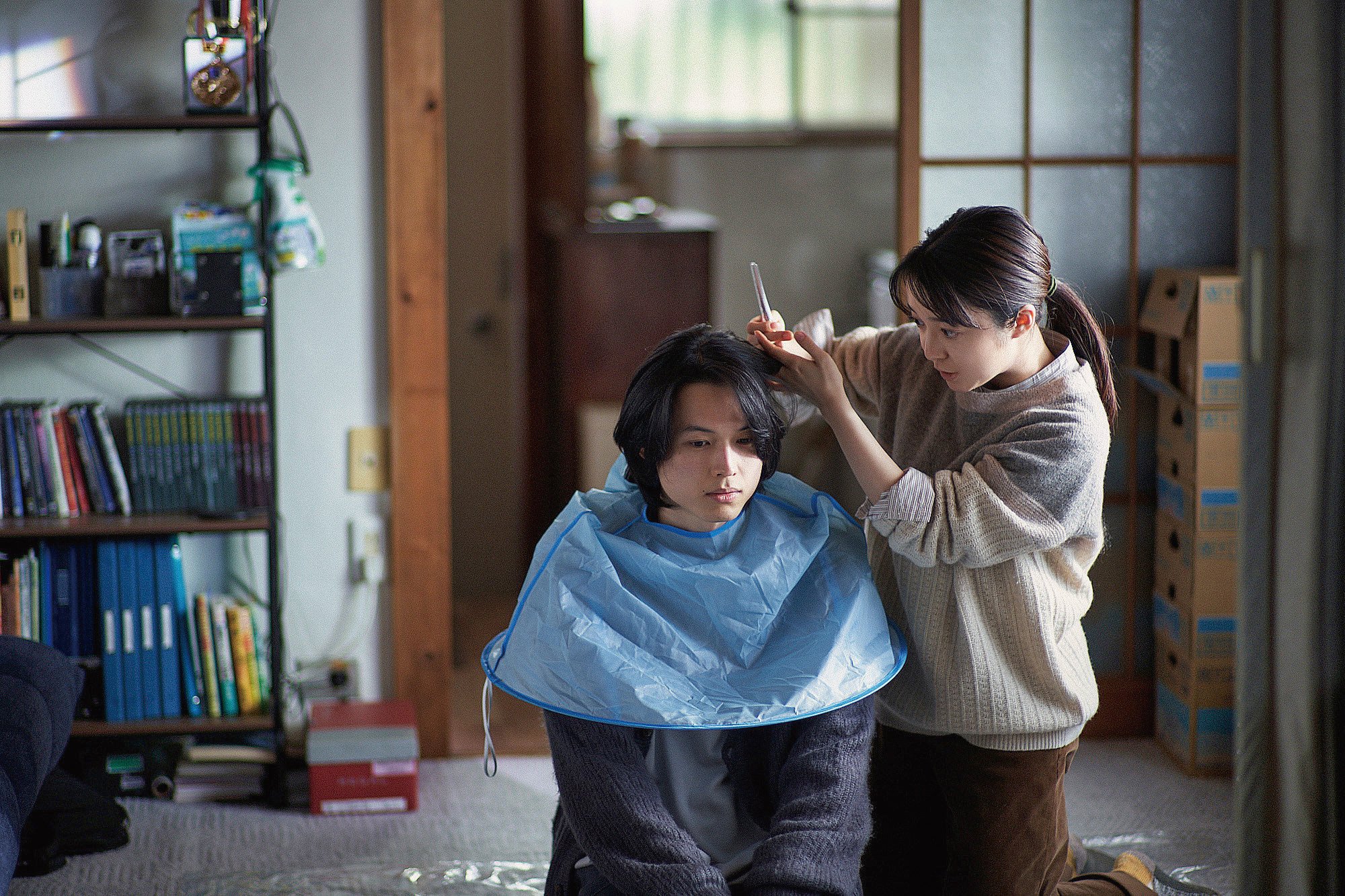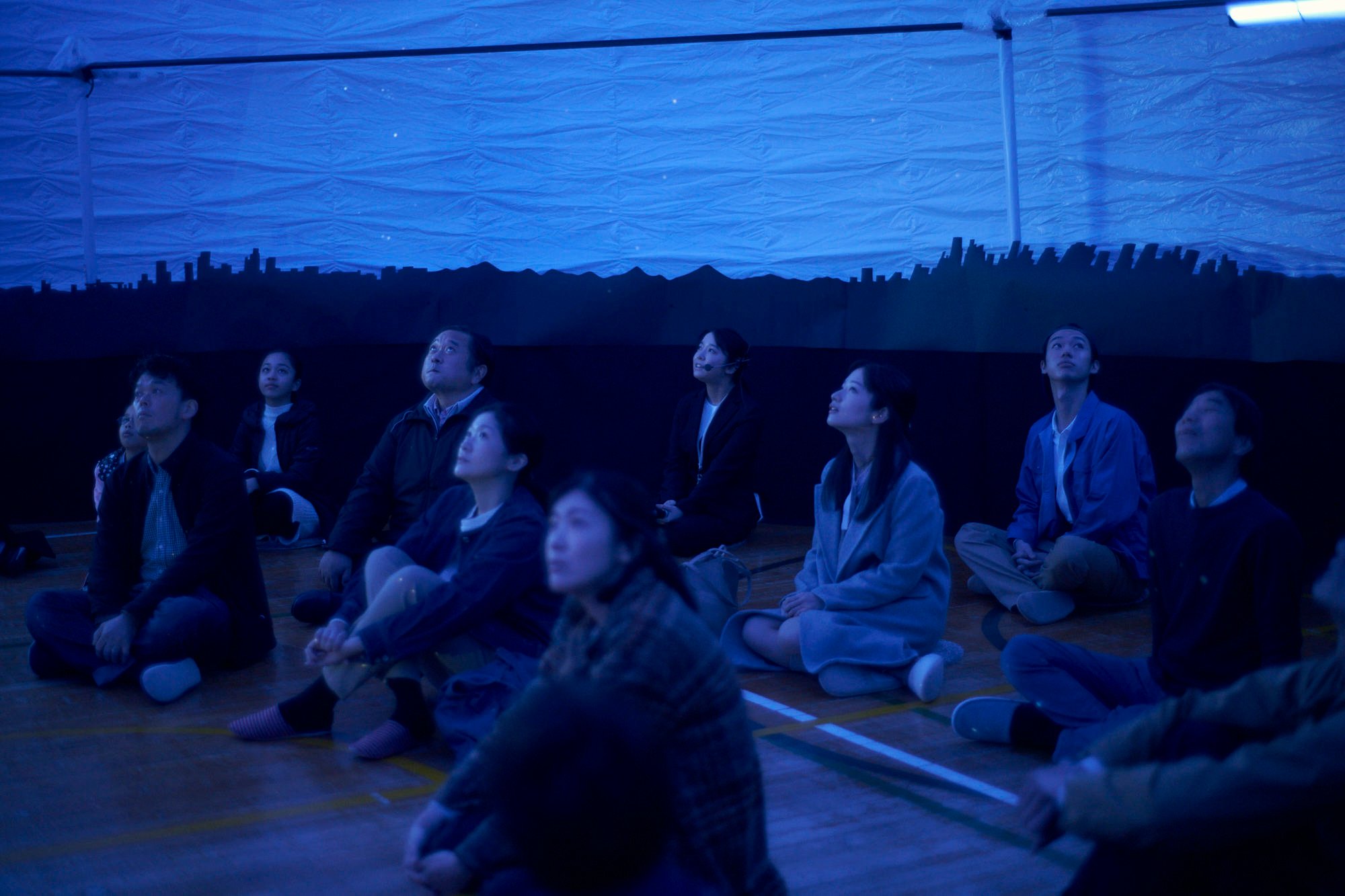3/5 stars
The fate of the universe does not always need to hang in the balance to create compelling drama. Sometimes, something as simple as garnering a better understanding of a colleague can prove sufficient, as is the case in Sho Miyake’s new drama.
Adapted from Maiko Seo’s novel of the same name, All the Long Nights follows two young people whose prospects in the adult world have been cut short by disorders that affect their everyday experience.
Misa (Mone Kamishiraishi) suffers from extreme premenstrual syndrome, which triggers mood swings so violent that she was forced to quit her previous office job.
Meanwhile, Takatoshi (Hokuto Matsumura) is hobbled by debilitating panic attacks, which have had a similarly negative impact on his professional aspirations.
These two lonely souls meet when Misa moves back home to be close to her ailing mother (Ryo), and gets an administrative job at a small company that distributes science equipment for children.
Initially, Misa and Takatoshi have little in common, their eccentricities and peccadillos even causing a degree of tension and irritation between them.
But when Misa discovers that Takatoshi takes the same herbal medication as she does, it sparks a growing understanding and empathy between the two of them, which only grows when they team up to collaborate on a planetarium project.

Miyake’s film conjures an affectionate portrayal of sleepy suburbia, exemplified by the low-stakes challenges of small-business office culture that unfolds at a gentle, unhurried pace, as one has come to expect from Japanese dramas of this ilk.
Where this film differs from many of its contemporaries, however, is in the absence of such archetypal clichés as romance or illness. Misa and Takatoshi’s relationship remains defiantly platonic throughout, with neither party ever threatening to overstep their boundaries or behave inappropriately.
Instead of a story about finding a kindred spirit with whom to explore the boundless expanse of the universe, All the Long Nights is a tale of curiosity and understanding.
Both characters strive to learn more about their colleague’s physiological disorder to better inform themselves, but also so that they might become a more valuable and empathetic friend to the other.

The performances are understated but also effective, unburdened by the need to resort to histrionics to advance the narrative.
Undeniably, Misa and Takatoshi come to depend upon one another as a crutch for coming to terms with their own issues, but Miyake’s proposal that this connection need go no further is as honest and refreshing as they come.

